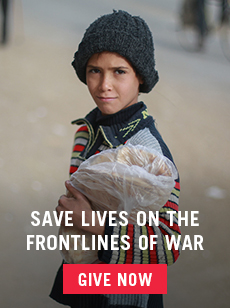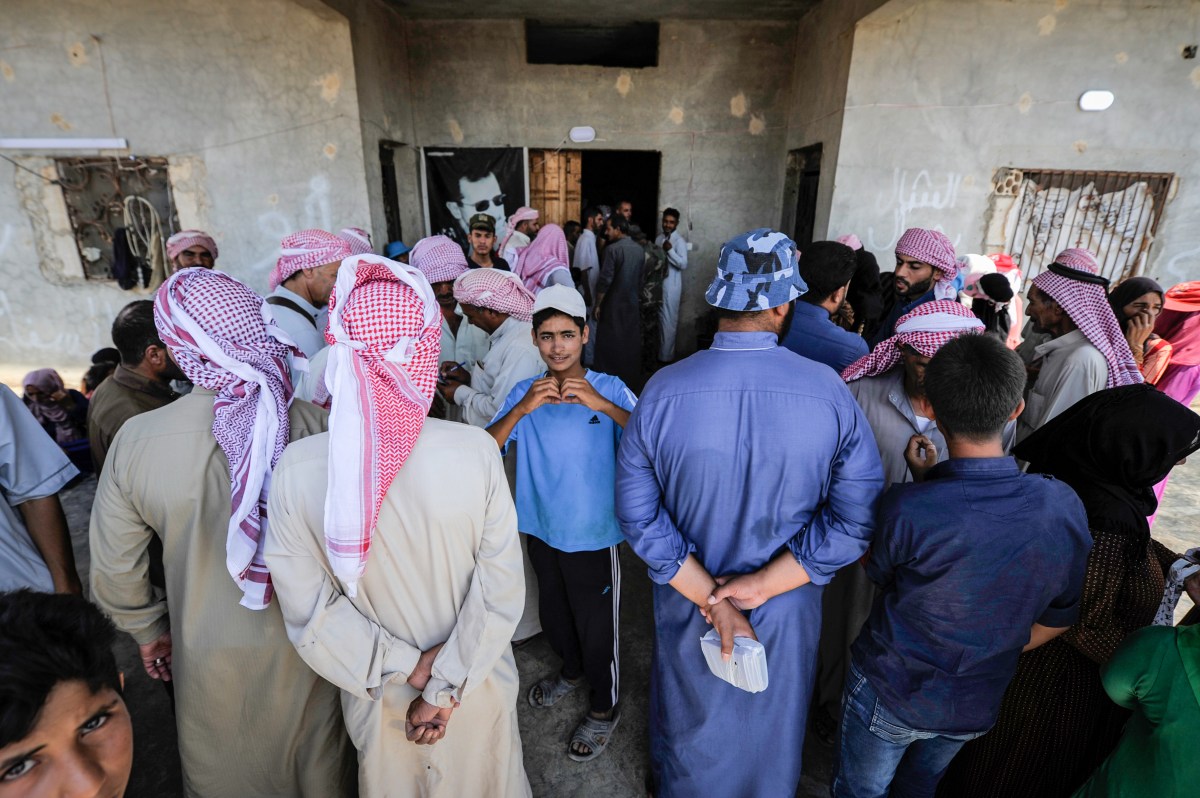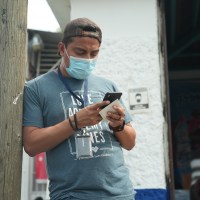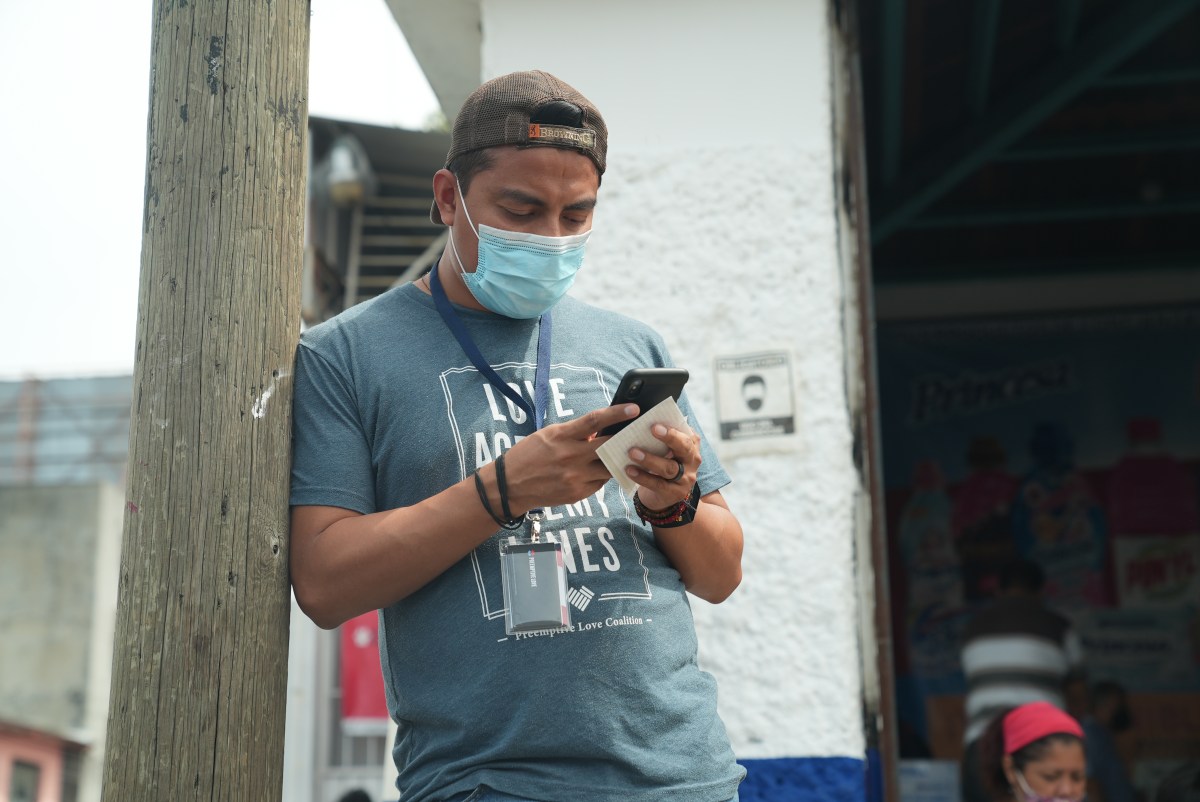No one expected Facebook, Messenger, Instagram, and WhatsApp to go dark for an unprecedented six hours. The wealthiest among us couldn’t break up the monotony of our work or school day with idle scrolling through photos or feeds, but the situation was dire for people in more vulnerable communities. WhatsApp is widely used instead of text messaging and phone calls, especially in places where telecommunications is expensive. According to the Global Web Index’s 2020 Social Media User Trends, 90% of 16 to 64 year-olds in seven countries, including Kenya, Malaysia, Colombia, Argentine, and Brazil, are monthly WhatsApp users, with WhatsApp installed on 99% of all smartphones in Brazil. Four out of five Lebanese adults use WhatsApp for daily communication, making it the most widely used platform in the country.
Ode to WhatsApp
WhatsApp functions much like a public utility because it allows people to protect themselves through information sharing. For example, Haitians use WhatsApp to alert one another about gang violence in and around the capital, Port-au-Prince. They use it to keep track of loved ones’ whereabouts when they travel to the Dominican Republic to buy essential goods that are more expensive in Haiti. WhatsApp is used to facilitate and confirm money transfers to Haitians on the island, where more than 60% of people live below the poverty line and where remittances make up over 23% of Haiti’s GDP.
Haitians abroad count on WhatsApp for survival. Migrants use the app to receive money during their journeys through South and Central America and Mexico. In addition, WhatsApp is used to share information about safe places to sleep, update border crossing statuses, and find friends and family members separated en route.
WhatsApp is used by asylum seekers when making their cases. Maria (not her real name), an asylum seeker receiving relief aid at a shelter we partner in Juarez, told us she uses the app to store and upload documents supporting her asylum case. Originally from Guatemala, Maria showed us pictures of letters she had received from a gang threatening to kill her and her daughters if she didn’t pay them. This evidence was saved to her WhatsApp photo roll.
WhatsApp is intrinsic for operations within and among aid organizations working in conflict/post-conflict zones and along the US-Mexico border. It is also used throughout the Middle East to coordinate food and aid drops with local partners and conduct food registration and needs assessment for marginalized communities. The app facilitates internal communications when organizations implement projects in the field and to update security concerns. In Mexico, many NGOs, including ours, working with migrants and asylum seekers in Juarez, use WhatsApp to share resources, news, and to alert one another about urgent needs at shelters. Mexican migrants use it to notify one another of safe routes and where to find food and shelter too.

In Afghanistan, WhatsApp was used to coordinate the evacuation of the Afghan National Girls’ Soccer Team last month. Currently, Afghans share information about Taliban checkpoints on the app because it is encrypted. In Pakistan, the transgender community uses WhatsApp to coordinate protests and keep one another safe from harassment.

Conecta Arizona, a Spanish-language news provider read by Hispanic immigrants, provides border crossing schedules and traffic updates for its subscribers via WhatsApp. Users wrote they felt “afraid and lonely” crossing the US-Mexico border during the outage.
In the United Arab Emirates (UAE), the Philippine diplomatic mission uses WhatsApp to communicate safety and governmental matters with its citizens residing in the UAE.
WhatsApp is also used to deliver primary health care. In India, doctors could not coordinate schedules, share patient scans, or post ward updates during Monday’s outage. In Lebanon, COVID-19 tests are ordered and results are received via the app. The Lebanese public health ministry uses WhatsApp to provide COVID-19 updates to the public while Buenos Aires runs a chatbot to connect people with medical professionals if they show COVID-19 symptoms. In Panama, health care providers use WhatsApp to coordinate home visits to provide COVID-19 testing.
WhatsApp is also integral in running small and micro-businesses around the world. In Malaysia, WhatsApp is used by small business owners for all business communications. Brazilians use an in-app business directory to find numerous food and retail providers. None of these providers were searchable during the outage. Small business owners in Kenya couldn’t complete deliveries during the outage because addresses, delivery times, and other essential information is shared through WhatsApp.
WhatsApp is a favorite tool among students and teachers, especially during pandemic lockdowns. University students in northern Iraq use the app to share lecture notes, update one another on assignment due dates, and collaborate on group projects. Likewise, lecturers use the app to give quick clarifications or extended personalized feedback. The app is more convenient to use than email to answer questions. Teachers in our mobile tech hub working along the US-Mexico border also use WhatsApp as a primary means of communication with students.
We live in an increasingly connected world where we belong to each other. Social media has played a significant role in our connections. Although some think the use of social media has become dangerous and needs to be regulated, this outage has shown its utility in conducting daily life, especially for those living on the margin.


